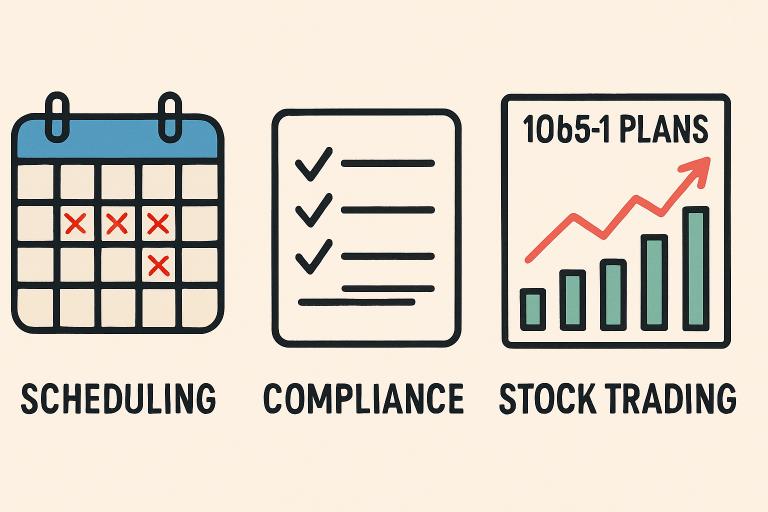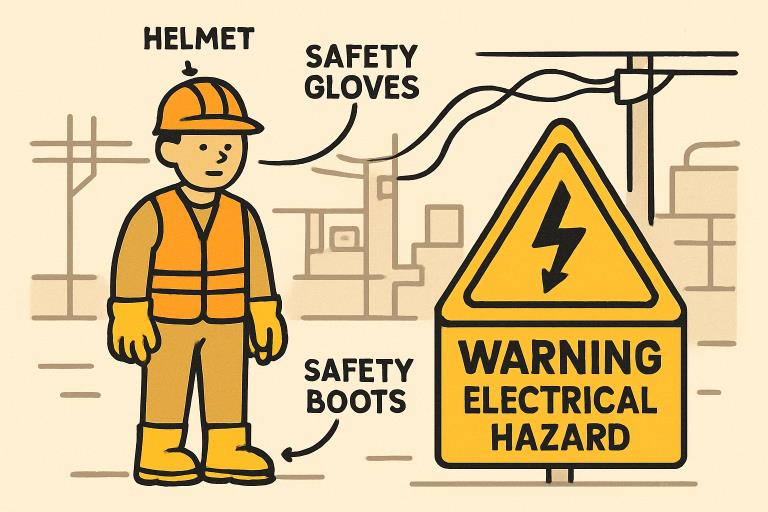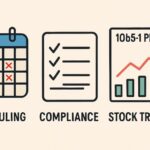Now Reading: Navigating the Pricing Models of Brand Design Agencies
-
01
Navigating the Pricing Models of Brand Design Agencies
Navigating the Pricing Models of Brand Design Agencies

Building a strong brand requires more than creating a logo. It involves strategy, design, and consistent communication across multiple platforms. Understanding what services are offered and how they are structured can help organizations make clear decisions about value and need. Here are a few tips for navigating the pricing models used by a brand design agency:
Brand Strategy Solutions
Agencies collaborate with clients to develop brand strategies that benefit their businesses. They collaborate with you through discovery workshops and facilitated sessions that link brand direction to organizational ambitions. Outputs may include a positioning statement, mission statement, brand DNA, and a set of core values. Agencies also develop personality suites, points of difference, and target audience personas to set a firm foundation.
Agencies may offer services as a package, as workshops, and research requires significant time and resources. Some agencies can provide additional research, including quantitative and qualitative studies. A brand outtake document, also known as a brand bible, is created as a central resource and may be included in the overall package.
Design Execution Services
Design implementation follows the strategy that you and your advisors create. A brand design agency develops a complete visual identity system that defines how a brand is represented across different media. This establishes the look and feel through consistent design choices, and agencies extend it into marketing materials such as brochures, presentations, and digital assets to maintain uniform communication. Agencies may also design corporate identity elements, such as business cards and letterheads, as part of the overall design process. Doing this helps your company become recognizable.
Design implementation is typically approached on a per-project basis. Logo design is treated as a standalone deliverable, while broader identity packages are tailored to encompass a wider range of brand assets. Marketing materials can be developed individually or as part of a cohesive campaign strategy. Full-service agencies often integrate these elements into a comprehensive identity development process, ensuring consistency across all brand touchpoints.
Reputation Management Strategies
Understanding web security helps a business achieve a seamless online presence. Reputation management encompasses digital marketing to establish a strong online presence. It can protect brand images and enhance customer engagement through review monitoring and responses. Agencies may recommend content strategies to support client goals. Online review generation programs may be part of reputation management offerings. Aligning reputation management with other digital strategies helps businesses achieve a good online brand presence.
Beyond design, agencies also support digital growth with online marketing. This includes campaigns to build awareness and strengthen visibility across multiple online and offline channels. Marketing and reputation management are billed as retainers with monthly fees tied to the level of service and monitoring provided. This ongoing model enables agencies to maintain continuity and adjust their strategies over time, allowing brand presence to remain consistent and adaptable to changing market conditions.
Partner With a Brand Design Agency
By recognizing the variety of pricing structures, businesses can align with an agency that provides clarity, consistency, and the right mix of services for long-term brand growth. Agencies offering comprehensive creative and digital support, from discovery workshops to reputation management, provide organizations with a streamlined approach to developing and sustaining their brand. Consult a brand design agency to learn more about agency-specific offerings.





















